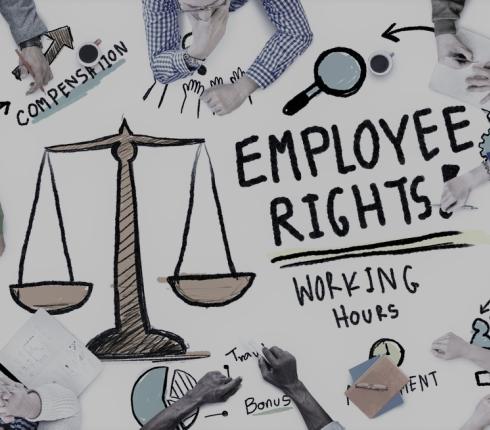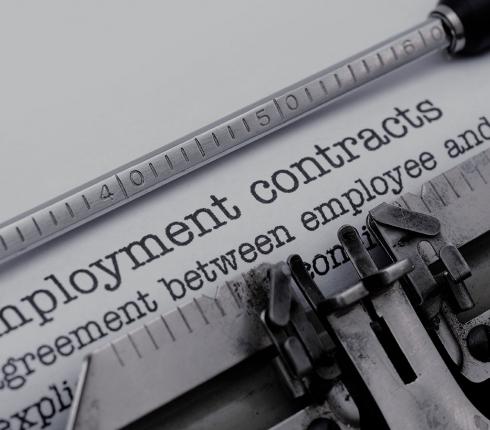If the employee is unable to perform their duties, the probationary period shall be extended
The probationary period has no other purpose than to find out whether the health, knowledge, skills, abilities, and personal qualities of the employee correspond to the level required for performing the agreed work. Based on these same criteria, an employee can test, whether this position meets the expectations and whether he or she can cope with it. The probationary period is therefore important for both parties to the contract.

As of 01.08.2022, the Employment Contracts Act is specifically outlining the regulation of probationary periods. The new amendment clarifies what is not counted as part of the probationary period. So far, there was no legal clarity at the legislative level as to whether or not, for example, a period of incapacity for work during the probationary period extends the duration of the agreed probationary period. In other words, if the employee was sick for 3 months and 3 weeks out of the four-month probationary period, the parties had 1 week to assess whether the agreed position was suitable for the employee. For sure, a week is not enough for either side to do so.
According to the amendment to the Employment Contracts Act, the probationary period does not include periods of time when the performance of the employee's duties was hindered, especially if the employee was temporarily incapacitated for work or took leave. In particular, this means that this is not a definitive list of obstacles that extend the duration of the probationary period. Thus, in addition to the various types of leave in the law, there may be other circumstances in which work was hindered. In the case of an obstacle, the probationary period shall be extended in proportion to the time when the duties could not be performed. For example, if the employee goes on maternity leave just before the end of the probationary period, or if, for example, the employee is in military service. Thus, the probationary period will continue after the end of parental leave, i.e. after 3 years and after arriving from military service.
At the time of the probationary period, an employee cannot unconditionally assume his or her right to continue working in a permanent position, but this opportunity is guaranteed to him or her in the event of a positive outcome of the probationary period (i.e. if the health, knowledge, skills, abilities and personal qualities of the employee correspond to the level required for performing the work). Such a conclusion has been reached by the Supreme Court on 01.11.2017 in its judgement No. 2-16-9199.
Read more here about what else was amended in the Employment Contracts Act, which entered into force on 01.08.2022.































